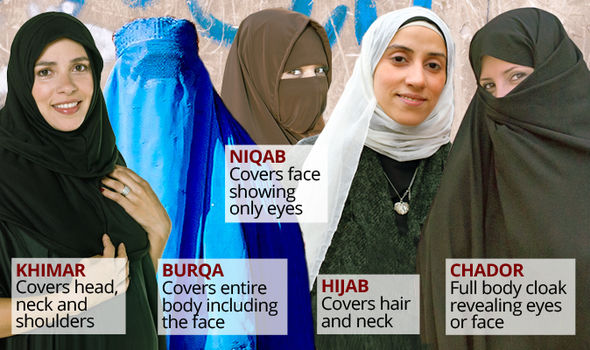I move professionally in circles where lib-left “virtue signaling” is taken for granted, especially inside the US. (Academia outside the US, while no less in the grip of a collective moral superiority complex, at least tolerates dissenters to some degree.)
As I was perusing Trump’s cabinet list in the Times of London the other day, I was struck not so much by the names — some ‘feck yeah!’, some ‘well, OK’, some ‘meh’ — as by what wasn’t there. The ‘Brahmandarins™’ had been left behind, as it were. Allow me to expand.
Traditional society in India has myriad little jatis (“births”, freely: castes), but they ultimately derive from four (plus one) major varnas (“colors”, freely: classes). While caste membership and profession are more fluid than generally assumed by Westerners, these five major groupings do exist to the present day, and are mostly endogamous. From top to bottom, the varnas are:
- Brahmins (scholars)
- Kshatryas (warriors, rulers, administrators)
- Vaishyas (merchants, artisans, and farmers)
- Shudras (laborers)
- Finally, the Dalit (downtrodden, outcasts — the term “pariah” is considered so offensive it has become “the p-word”) are traditionally considered beneath the varna system altogether, as are other “Scheduled Castes” (a legal term in present-day India, referring to eligibility for affirmative action).
The upper three varnas bear some resemblance to the three Estates of the French ancien régime: clergy, nobility, and the bourgeoisie (le tiers état, the Third Estate). American society used to be a byword for social mobility (“the American dream”) — but a stratification has set in, and it takes little imagination to identify strata of Dalit, Shudras, and Vaishyas in modern American society. The numerically small subculture of military families could be identified as America’s Kshatryas. So where are the Brahmins? (No, I’m not referring to the old money Boston elite.) And why am I using the portmanteau “Brahmandarins” for our New Class?
In India one was, of course, born into the Brahmin varna, and they actually delegated the messy business of governance to the varna below them. In China’s Middle Kingdom, on the other hand, not only was the scholarly Mandarin caste actually the backbone of governance, but in principle anyone who passed the civil service exams could become a Mandarin.
Originally, these exams were meant to foster a meritocracy. Predictably, over time, they evolved to select for conformity over ability, being more concerned with literary style and knowledge of the classics than with any relevant technical expertise.
Hmm, sounds familiar? Consider America’s “New Class”: academia, journalism, “helping” professions, nonprofits, community organizers, trustafarian artists,… Talent for something immediately verifiable (be it playing the piano, designing an airplane, or buying-and-selling,… ) or a track record of tangible achievements are much less important than credentials — degrees from the right places, praise from the right press organs,…




